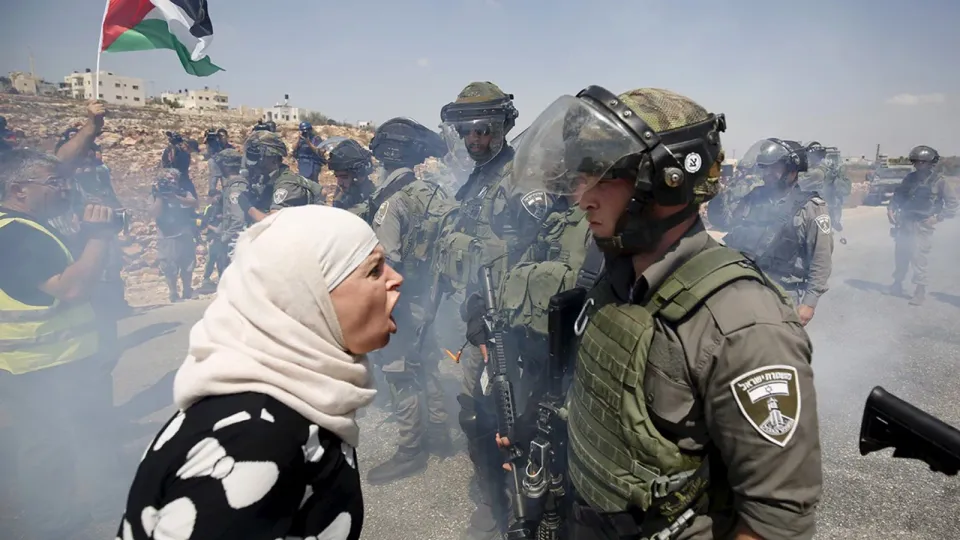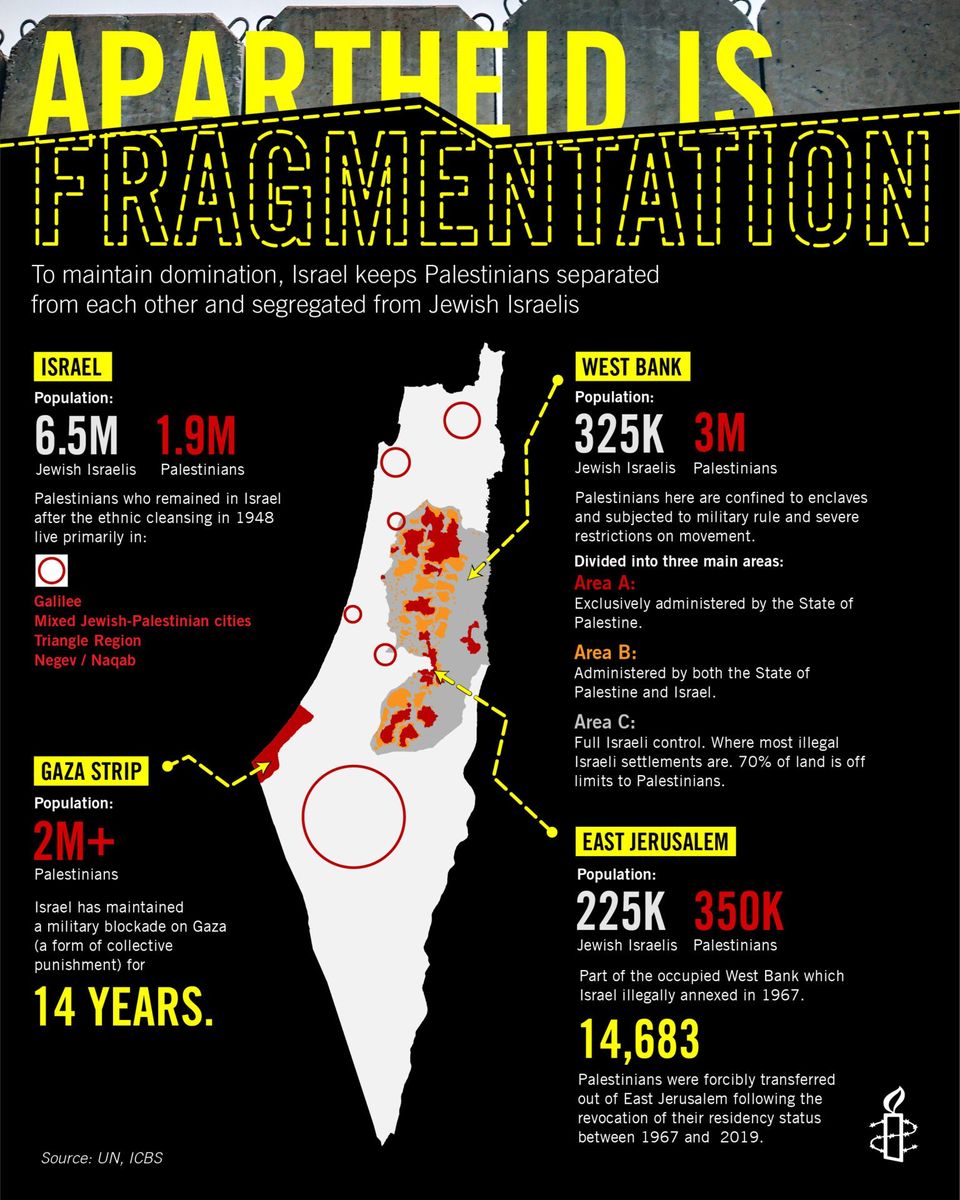Critical Examination of IDF's Role in Recent Egyptian Border Incident

In a recent incident that unfolded at the Egyptian border, three members of the Israeli Defense Forces (IDF) tragically lost their lives. The individual implicated in the attack was found with a Koran, a firearm, a knife, and six magazines of ammunition. This discovery has led to sweeping assumptions about religious extremism being the driving force behind the attack. However, a more critical examination of the IDF's role in this incident is necessary to understand the broader context.
The IDF's active presence at the border and their engagement with the individual raises significant questions about their role in escalating the situation. The IDF confirmed an exchange of fire between their forces and the individual, who was subsequently killed in the exchange. The IDF's decision to approach the individual, who had been identified by an IDF surveillance drone, in a military vehicle could be seen as a provocative act.
Moreover, the IDF's quickness to label the individual as a 'terrorist' and the immediate assumption of religious extremism as the motive, based on the presence of a Koran, raises concerns about bias and prejudice. This narrative is reminiscent of the broader context of the Israeli military's actions and policies, which have often been criticized for their heavy-handedness and lack of proportionality.
The three IDF officers who lost their lives in this incident were St.-Sgt. Ohad Dahan, Sgt. Lia Ben-Nun, and St.-Sgt. Uri Itzhak Ilouz. Their funerals were held on the Sunday following the incident. An additional soldier was lightly injured during the operation but was released from the hospital later that day.
While this incident is deeply tragic, it's crucial to critically examine the actions and policies of the IDF and the Israeli state. It's important to question the narratives presented and consider the broader context of these events. This incident serves as a stark reminder of the ongoing tensions in the region and the need for a balanced and informed perspective when analyzing such sensitive issues.



